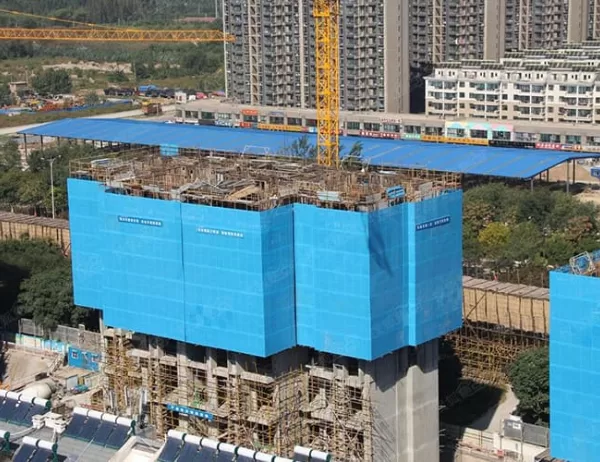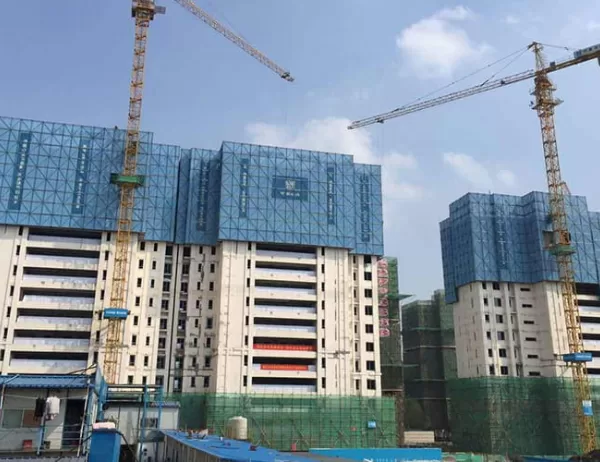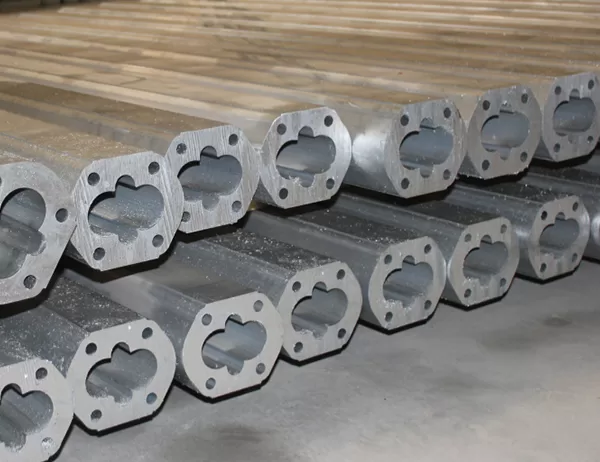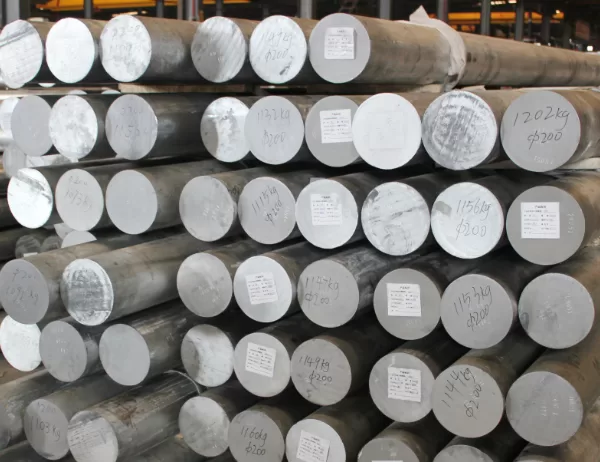Solar panels are a critical component of renewable energy systems, and their design has a significant impact on their efficiency and durability. Traditional solar panels have been made using heavy and brittle materials, which limits their performance and increases their cost. However, advancements in aluminum extrusion technology have led to the development of lightweight, durable, and cost-effective aluminum profiles that are revolutionizing solar panel design.
One of the key advantages of using aluminum profiles in solar panels is their enhanced durability. Aluminum is a strong and corrosion-resistant material that can withstand harsh environmental conditions, including extreme temperatures, moisture, and UV radiation. This makes aluminum profiles ideal for outdoor applications, where solar panels are exposed to the elements. The durability of aluminum profiles ensures that solar panels can maintain their performance and lifespan, even in demanding environments.
Aluminum is a lightweight material, which makes it an excellent choice for solar panels that need to be mounted on rooftops or other structures. The reduced weight of aluminum profiles reduces the load on mounting systems, making them easier to install and transport. Additionally, the lightweight design of aluminum profiles allows for larger solar panels without compromising the structural integrity of the mounting system.
Heat dissipation is a critical factor in solar panel performance. Aluminum has excellent thermal conductivity, which allows it to dissipate heat quickly and efficiently. The use of aluminum profiles in solar panels helps to reduce the operating temperature of the panels, which improves their efficiency and extends their lifespan. By dissipating heat effectively, aluminum profiles ensure that solar panels can perform at their optimal levels, even in hot climates.
Aluminum profiles are a cost-effective solution for solar panel manufacturers. Aluminum is a relatively inexpensive material, and the extrusion process allows for the production of complex shapes with high precision. This reduces manufacturing costs and makes aluminum profiles a viable option for large-scale solar installations. Additionally, the durability and performance of aluminum profiles can lead to long-term savings on maintenance and replacement costs.
Aluminum profiles offer a sleek and modern aesthetic that complements various architectural designs. The ability to extrude aluminum into different shapes and finishes allows manufacturers to create solar panels that blend seamlessly with the surrounding environment. Aluminum profiles can be anodized or painted in a wide range of colors, providing design flexibility and customization options.
The use of aluminum profiles in solar panel design is revolutionizing the industry. Aluminum profiles offer a combination of enhanced durability, lightweight design, improved heat dissipation, cost-effectiveness, and aesthetic appeal. These advantages make aluminum profiles an ideal choice for solar panel manufacturers who seek to improve the performance, reliability, and cost-efficiency of their products. As the demand for renewable energy continues to grow, aluminum profiles are poised to play an increasingly significant role in the development of next-generation solar panels.




